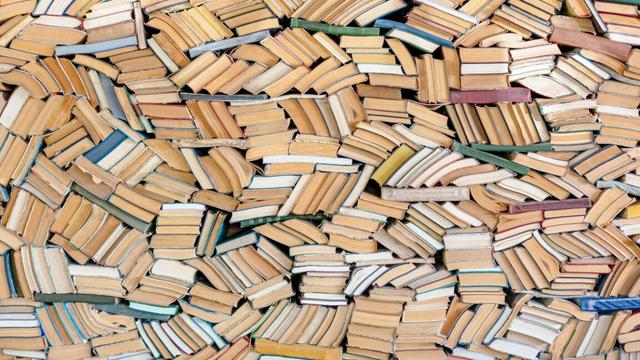@chris @arstechnica Yes. There is a huge difference between scanning a modern copy of an old book and scanning the original! What drives me crazy is when modern paperbacks are copied from old ones, and instead of actually retyping or scanning and correcting them so that the new one is clean and ledgible, they just take a picture of it, so that the new hard copy has the same handwriting, fading,, discolouration, ripped pages, etc. as the original! It basically makes the book useless to me as an alternative to an online scanned copy in similar condition because my software would scan the printed copy as badly as the pdf!
